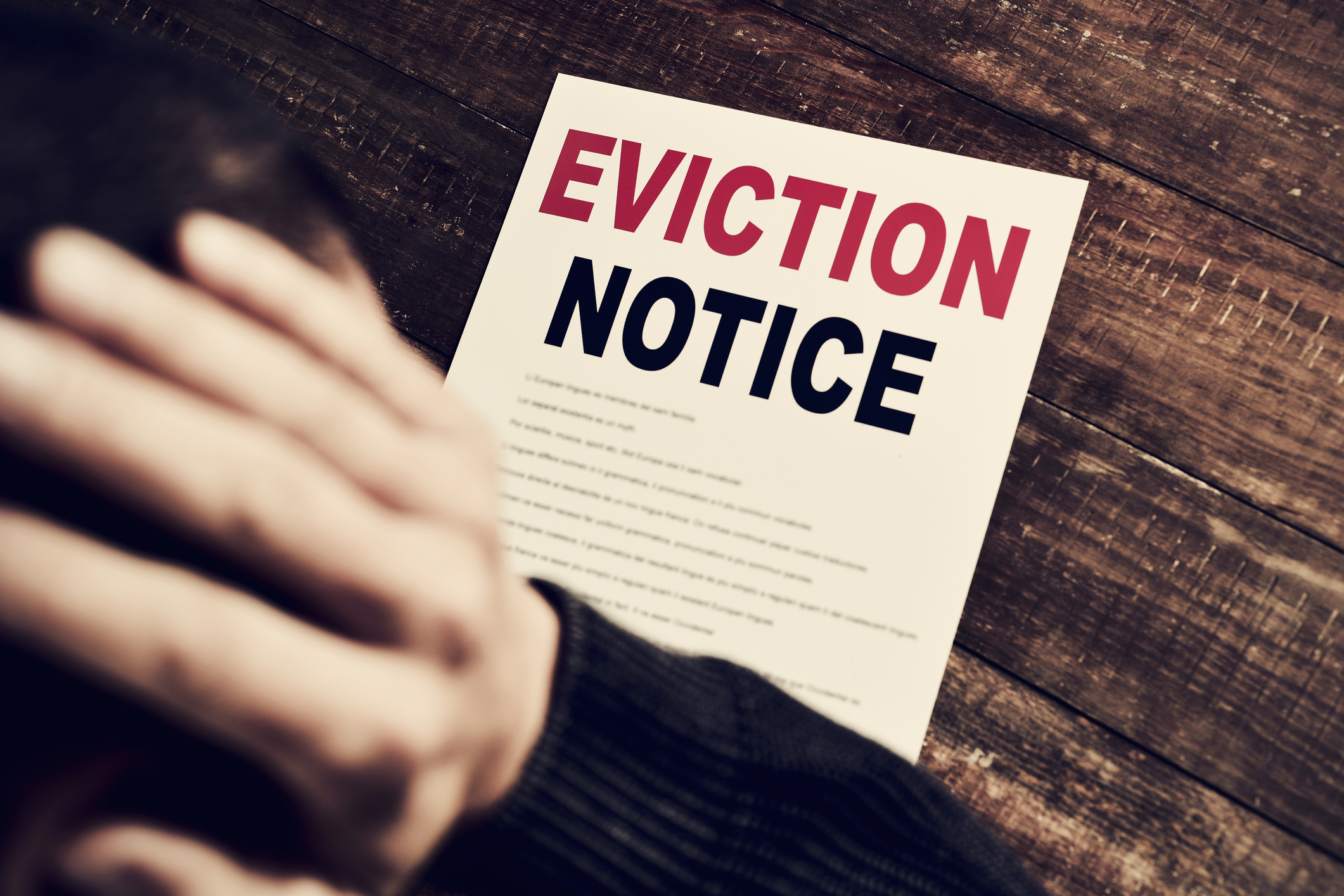Recently, I’ve seen many people on the net asking if they can sue their landlords for wrongful eviction.
Here are two recent posts I found:
“I’ve been paying my rent faithfully but my landlord is trying to get rid of me and to move in because it’s his only property and he has nowhere else to go.”
“The landlord locked me out without following legal procedure. I really hope I can sue him legally. There must be a way. Please help!”
Honestly, these are some of the most egregious cases of landlords abusing their eviction moratoriums.
Usually, if a tenant has not paid, cured, or quit, then the landlord can go to the courthouse to start the legal eviction process. Only a judge in a court of law can order law enforcement to remove a tenant from the property. However, if the eviction was not legally proper, there are certain laws that protect the rights of the tenant. And, if you live in Dubai and were wrongfully evicted, here are some important legal rules you should know about property eviction.
Laws and Your Rights
 As per the Dubai Law No. 26/2007/On the Organization of the Relationship between Lessors and Tenants in the Emirate of Dubai (as amended by Dubai Law No. 33 of 2008), the landlord may request eviction way before the lease term expires in only certain circumstances.
As per the Dubai Law No. 26/2007/On the Organization of the Relationship between Lessors and Tenants in the Emirate of Dubai (as amended by Dubai Law No. 33 of 2008), the landlord may request eviction way before the lease term expires in only certain circumstances.
These cases are set out in Article 25/1 and include, amongst others:
(a) If the tenant does not pay the rent within 30 days of being notified by the landlord.
(b) If the tenant sublets the property without the landlord’s written permission.
(c) When the property is used for illegal purposes that are contrary to public order and morals.
(d) When the tenant uses the property for purposes other than those for which it was leased.
(e) Severe negligence in taking proper property precautions.
The landlord is then required to notify the tenant through the notary public or by registered mail.
According to Article 25/2 of the Dubai Law, the landlord may request that the tenant be evicted from the property at the end of the lease only in the following circumstances.
(a) If the property owner wishes to demolish the property in order to rebuild it, or if he wishes to construct any new buildings that would prevent the tenant from benefiting from the leased property, provided that he obtains the necessary licenses from the competent authorities.
(b) If the condition of the property requires renovation or comprehensive maintenance works and should it be impossible to carry out such works while the tenant is occupying the property, provided that the condition of the property is proved by a technical report issued or approved by Dubai Municipality.
(c) If the owner of the property desires to recover the property to be used by him personally or by any first-degree relative, provided that it is proved that he does not have any appropriate alternative for said purpose.
(d) If the owner of the property desires to sell the leased property.
For the purpose of evicting the tenant as above, the landlord is required to send a notification to the tenant informing him regarding the eviction from the property at least 12 months from the date set for eviction. This notification has to be made through notary public or by registered mail.
 It is also important to note Article 26 of the Dubai Law, which states that if the landlord evicts the tenant because the landlord wishes to use the property personally or by relatives, the landlord cannot rent out the property for at least two years in the case of a residential property and three years in the case of a non-residential property, unless a shorter period is approved by the authorities. In the event that the landlord violates Article 26, the tenant has the right to seek compensation from the appropriate authorities.
It is also important to note Article 26 of the Dubai Law, which states that if the landlord evicts the tenant because the landlord wishes to use the property personally or by relatives, the landlord cannot rent out the property for at least two years in the case of a residential property and three years in the case of a non-residential property, unless a shorter period is approved by the authorities. In the event that the landlord violates Article 26, the tenant has the right to seek compensation from the appropriate authorities.



